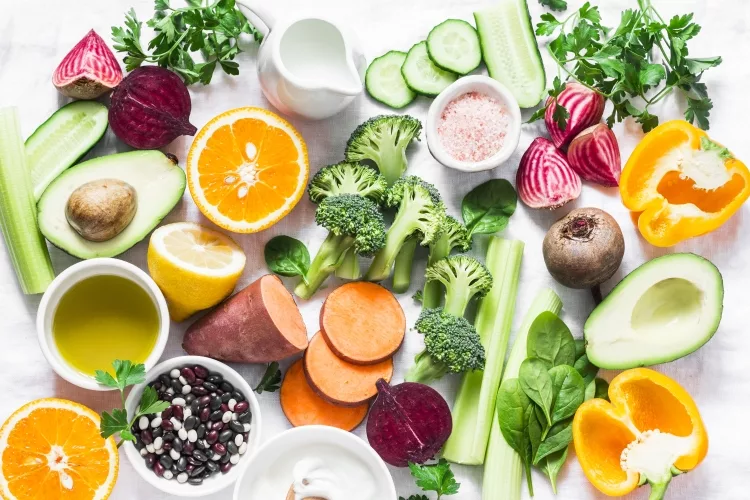reviewed by Truman Perkins
We often have tablets prescribed by the doctor, or sometimes we are told to have a specific supplement we are in depletion of. However, sometimes, we may forget a particular bottle of tablets at the far end of our cupboards, or we may stop using them, resulting in their expiry. Obviously, you won't be having expired vitamins now, will you?
You might have read someplace or heard from someone that you can use expired Supplements for plants. It might seem strange when thinking about giving human vitamin supplements or tablets to your plants. Would it benefit? Would it work? Is it safe, or is it harmful? There are plenty of thoughts that can come to mind. Today we'll shed light on this topic and see what's it about.

The first thing that one must clear out is that Supplements never really do go "bad" after a specific period. There might be an expiry label on the bottle or blister pack. But that does not mean that once that date is crossed, these pills will go toxic or cause harm. Expired Tablets, although they should not be taken, one should know that they are not harmful. The reason why these pills or gummies have an expiry date is that after a while, they may lose their potency-resulting them to be not as effective as you would think.
Here comes the big question. Are these tablets even worth giving to your precious greens? The answer is yes. Although not all tablets are useful, but certain significant supplements do work on plants. This is because as the tablets degrade in the soil or get absorbed through water into the stems of your flora, they will start providing the essential chemicals your plants need.
Mainly we use expired vitamin B, C, and D for plants. Ibuprophen and zinc are also used at times. They help in fast growth and nourishment.
Vitamin D is responsible for the growth of plants, especially during the pruning season. Pop a few vitamin D3 crushed tablets into your soil to help your plants absorb calcium and grow faster. Vitamin D2 is responsible for aiding the growth of healthy roots for plants of all sorts.
The vitamin C helps significantly in protecting the plants from harmful rays and light while they are performing photosynthesis.
Although vitamin B does not precisely help in plant growth but the side minerals that are included in the tablet, such as magnesium, etc. are of great help to promote the growth of stems and roots.
Iron tablets can be used to provide fortification and healthy growth for plants as well. Although it is suggested not to keep them out exposed to the air due to oxidization, you can mix it well in the soil of the plant growing.
Now that you understand the fact that it is safe to use Supplements for plants, we can move on to the concern of how to supply these to a plant. Plants absorb nutrients from the soil mainly, which is the main target you must achieve in this case.
You can either crush a tablet or sprinkle the powder in your plants, or if the tablet is soluble, you can dissolve them in water and give it to your plants. However, remember that it is essential for you to make sure that you are not crushing too many tablets and feeding them to your plants in one go. Two to three tablets of a vitamin can last a long way for these organisms. For best results, gardeners suggest to mix the crushed vitamin in water and give that to plants.
Watering your plants with vitamin-infused liquids helps them flourish. The extra Supplements act as a source of nutrients that boost healthy growth. They also help in giving plants a longer lifespan because of the fact that they are cared for. Be it the nourishment of leaves, blooming of flowers, or the absorption of other essential vitamins, all these are possible if you show a little care and consideration to your plants.
How to Grow Leafy Vegetables in Pots at Home?
10 Expensive Vegetables to Grow at Home
10 Indoor Plants that help with Headache
 |
 |
 |
 |

About Truman Perkins
Truman Perkins is a Detroit-based SEO consultant who's been in the business for over a decade. He got his start helping friends and clients get their websites off the ground, and he continues to do so today. In his free time, Truman enjoys learning and writing about gardening - something he believes is a natural stress reliever. He lives with his wife, Jenny, and their twins in Detroit.
 |
 |
 |
 |
Get new FREE Gifts. Or latest free growing e-books from our latest works.
Disable Ad block to reveal all the links. Once done, hit a button below
 |
 |
 |
 |